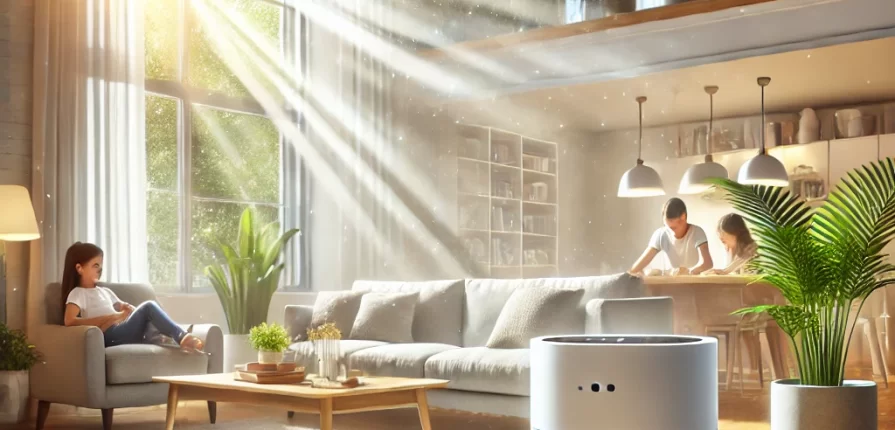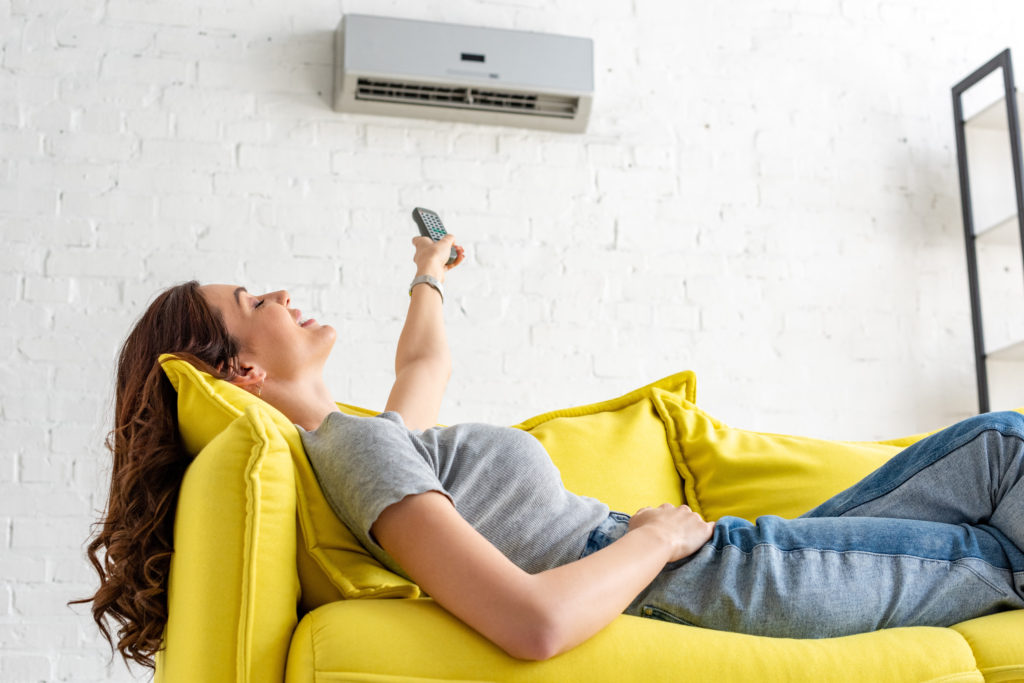Is Your Home’s Air Making You Sick?
Most people think of air pollution as an outdoor problem, but indoor air can be 2 to 5 times more polluted than outside air (EPA). Poor indoor air quality (IAQ) can lead to allergies, respiratory issues, and even long-term health problems. The good news? You can take simple steps to improve your home’s air quality and protect your family’s health.
What Causes Poor Indoor Air Quality?
Dust, Pet Dander & Allergens – Accumulate in carpets, furniture, and HVAC systems.
Mold & Mildew – Thrive in damp areas and release harmful spores.
Volatile Organic Compounds (VOCs) – Found in cleaning supplies, paint, and furniture.
Poor Ventilation – Traps pollutants inside, worsening air quality.
Dirty Air Filters – A clogged HVAC filter recirculates dust and allergens.
The Health Risks of Breathing Polluted Indoor Air
✅ Allergies & Asthma – Increased sneezing, coughing, and difficulty breathing. ✅ Headaches & Fatigue – Poor air quality can cause unexplained tiredness. ✅ Respiratory Infections – Exposure to mold and bacteria can lead to colds and lung issues. ✅ Long-Term Health Effects – Studies suggest prolonged exposure to indoor pollutants may contribute to heart disease and other chronic illnesses.
How to Fix Indoor Air Quality Issues
1. Change Your HVAC Filters Regularly
Air filters trap dust, pollen, and pollutants. Replace them every 1-3 months to maintain good air quality (CDC). Need help? Contact Swift Heating & A/C at 435-586-4822 for expert HVAC maintenance.
2. Schedule a Professional HVAC Inspection
A well-maintained HVAC system improves airflow and reduces indoor pollutants. Book a spring tune-up with Swift Heating & A/C to ensure your system is in top shape.
3. Use an Air Purifier
HEPA air purifiers can remove 99.97% of airborne particles as small as 0.3 microns (EPA). Place them in bedrooms and living areas for maximum impact.
4. Control Humidity Levels
Mold and dust mites thrive in humid conditions. Keep indoor humidity between 30-50% by using a dehumidifier or adjusting your HVAC settings.
5. Improve Ventilation
If weather permits, open windows occasionally. Otherwise, use exhaust fans in kitchens and bathrooms to remove indoor pollutants.
Frequently Asked Questions (FAQ)
What Are the Best Ways to Improve Indoor Air Quality Quickly?
Start by changing your HVAC filter, using an air purifier, and scheduling a professional HVAC inspection. These simple steps can make a big difference in just a few days.
How Do I Know If My Indoor Air Quality Is Bad?
Common signs include increased allergies, headaches, musty odors, and excessive dust buildup.
Can My HVAC System Help With Indoor Air Quality?
Yes! A properly maintained HVAC system filters out allergens and improves air circulation. Schedule an inspection with Swift Heating & A/C today.
Breathe Easier with Cleaner Indoor Air
Don’t let poor indoor air quality affect your health. By following these tips, you can create a cleaner, healthier home environment. Need expert help? Contact Swift Heating & A/C at swiftheatac.com or call 435-586-4822 to schedule your HVAC service today!
Have Questions? Drop a Comment Below!
We’d love to hear from you! What’s your top tip for improving indoor air quality? Share your thoughts below!



Recent Comments